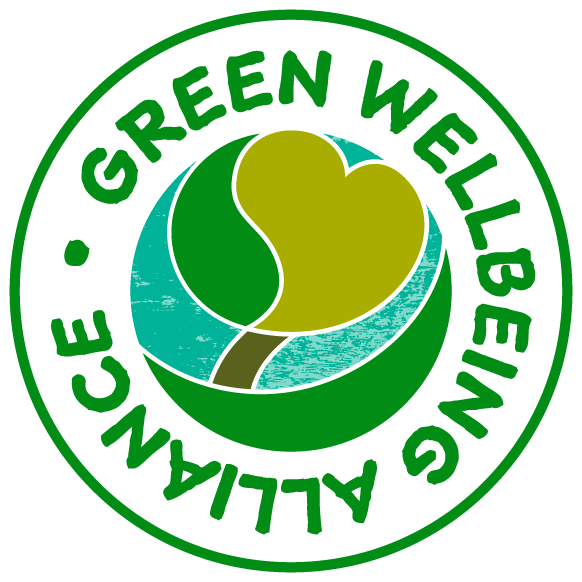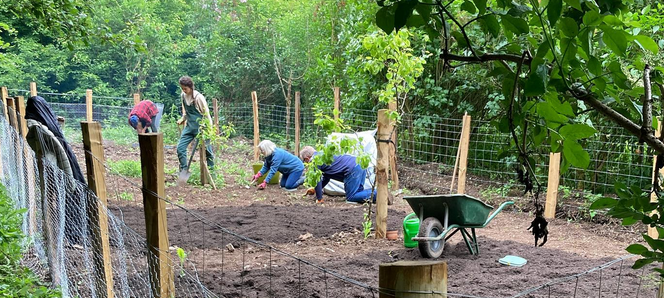By Isy Fisher-Pearson
I’ve been working at the Brighton and Hove Food Partnership for six months as a part of my training to become a social worker. During this time, I have supported Green Wellbeing Alliance projects and seen first-hand the incredible impact that nature-based therapeutic projects have on the individuals that access them.
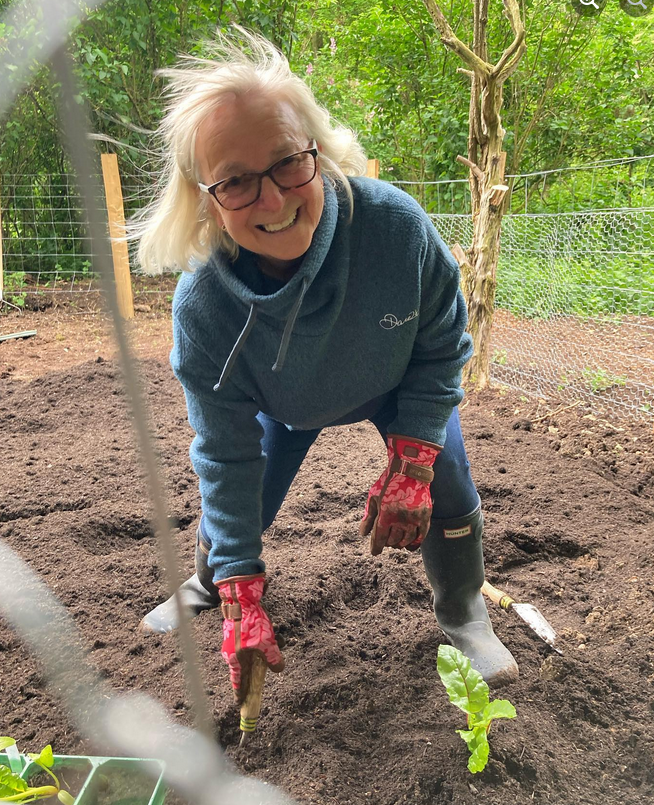
We recently surveyed participants at our Green Wellbeing Alliance projects and some of the results are shown below. We are offering professionals who are interested to find out more to attend out open day, the Big Green Day Out.
Through our surveys, we found out that 95% of participants felt their wellbeing had improved since attending a Green Wellbeing Alliance group. Alongside an improvement to wellbeing, participants also shared that the groups enabled them to feel belonging,
“I feel included and welcome, [the group] helped me stabilise my mental health, I feel I belong.”
The Green Wellbeing Alliance is made up of a diverse range of different nature-based therapeutic projects. The projects can involve mindfulness, forest bathing, creativity, crafts, gardening and reconnecting with the natural environment.
“Seeing how pretty nature is… it takes you away from all the dark things in your mind while you’re there.”
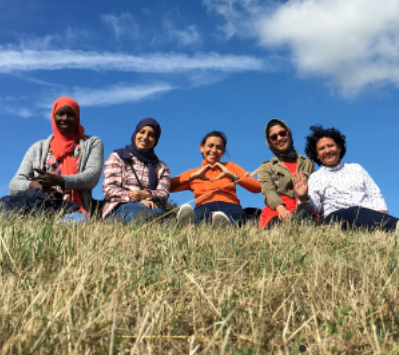
The Green Wellbeing Alliance offers gentle, non-invasive support and a relationship-based approach that focuses on each individual. Many groups offer trauma-informed support and use principles of empowerment to support individuals.
“I discovered more useful ideas and tactics than I have in years of trying CBT for depression”.
The COVID-19 pandemic has highlighted the need for therapeutic accessible routes to the outdoors as the pandemic left many people struggling with mental health problems and with restricted access to gardens and the outdoors.
“The course has increased the time I spend out in nature enormously, and improved my ‘basic happiness’ levels hugely.”
Through social-prescribing, nature-based therapeutic groups can offer an additional route to wellbeing alongside traditional interventions such as therapy and medication. It provides a holistic approach to improving the mental health and well-being of participants.
Many individuals have found that attending ecotherapy groups an essential part of their journey to recovery and healing alongside other interventions.
One participant said “I thought the course was delightful, uplifting and it gave me a small amount of hope. When one suffers with depression, finding hope is very significant”.
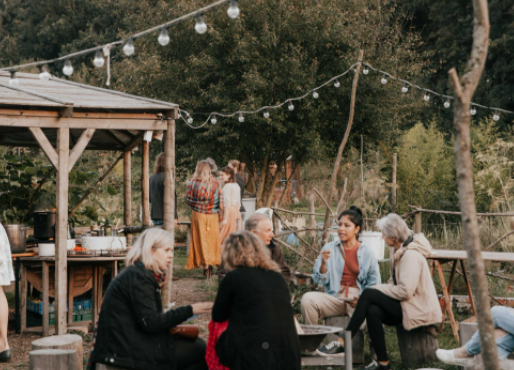
The Green Wellbeing Alliance projects offer the opportunity for individuals to reconnect with their communities and create new communities of support. One participant said, “socialising with different people gives a person a wider view”. Overall, 71% of participants said their social-network had improved since attending a Green Wellbeing Group, this is important because the pandemic left so many people isolated and without support.
The positive impacts of nature-based ecotherapy are not only to the individuals who participate, but also local communities and the planet.
